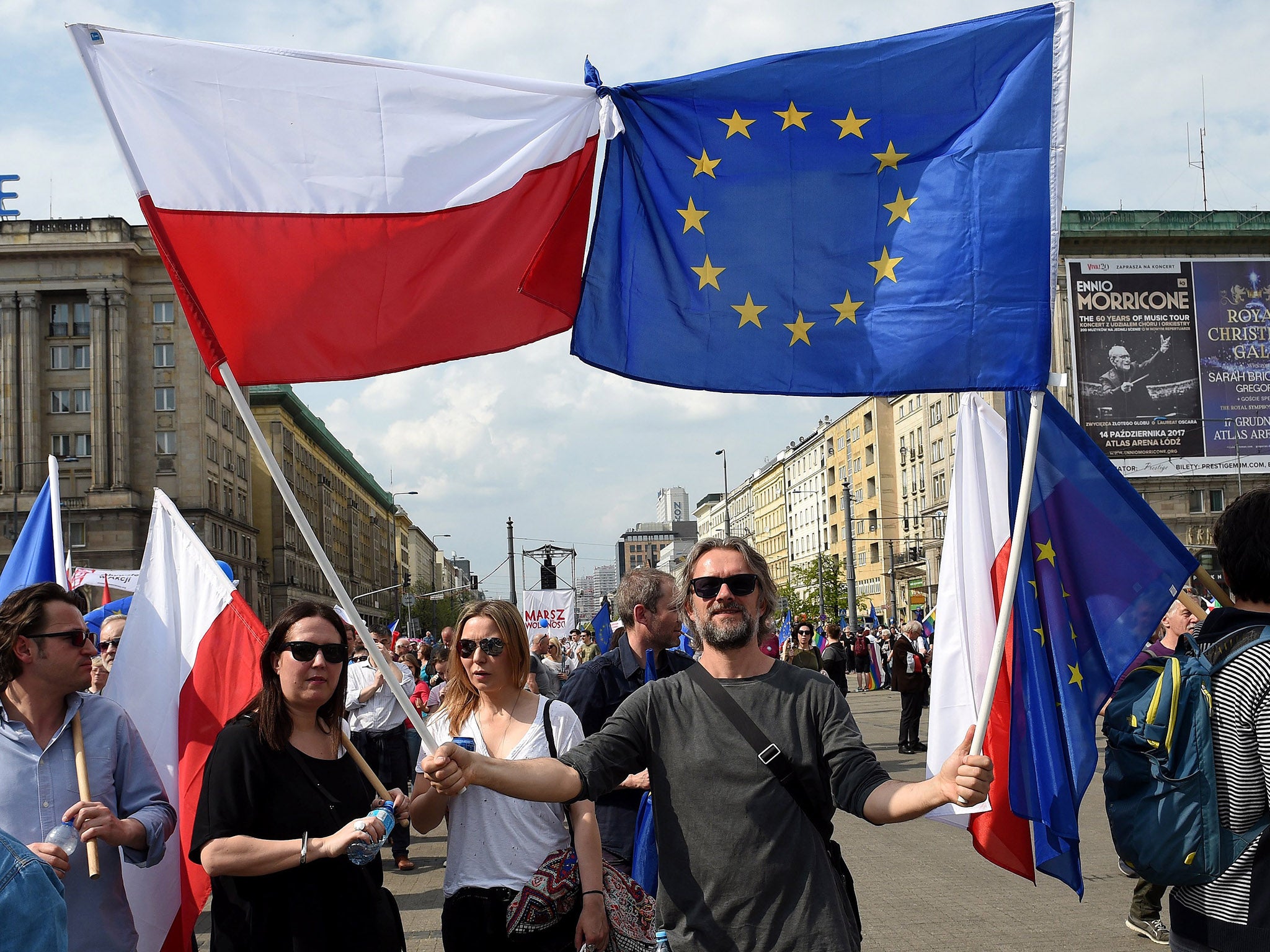Five signs to look out for this week which will tell you how the global economy reacts to political turmoil
Keep an eagle eye on the French economy, as its performance has the potential to change the entire status of the EU


The great question to which we will get more of a feel in the next week or two is whether Europe will become more business-friendly. With the French elections out of the way and continuing evidence of better growth of the eurozone economy as a whole, the outlook for the continental European economy is the best it has been since the 2008 crash. But France is seen as a laggard, performing worse than it should have done given the skills of its workforce and the resources of the nation.
The question now for France is whether it can really push through reforms, particularly in its labour market, that will lead to faster growth, after the disastrous experience under President François Hollande.
If the French economy starts growing faster, say something like 2 per cent a year, then the whole eurozone economy will be pulled along. There will be two large economies providing traction, not one. We will also get news on how well the German economy is performing, with first quarter GDP figures. The markets expect a sharp pick-up in growth. Will they be right?
This is important, because the common UK perception of the eurozone as a bit of disaster zone – Germany doing fine but having to pull the rest along – will start to look plain wrong. Parts of it are, but much of it is not. A more successful European economy will in turn have an impact on the whole Brexit debate once our own election is over.
As for the UK itself, this is the week of the quarterly Inflation Report from the Bank of England, together with a meeting of its monetary policy committee. There will be no change in interest rates (though there will probably be at least one vote in favour of an increase) so the focus of attention will be on growth forecast.
Will the Bank’s economists stick to their 2 per cent growth number for this year, or will they downgrade it following what seems to have been a poor first quarter? Strong purchasing manager indices data last week should give some support for a continuing optimistic outlook.
The contrast between financial conditions in the UK and Europe on the one hand and the US on the other will be sharpened this week by data that will suggest that Americans should expect a June rise in interest rates when the Federal Reserve meets next month. Higher inflation and solid consumption figures will follow last week’s good job creation numbers, and that should convince the Fed both about the need to move and the ability of the economy to accept it positively.
Finally, remember there is a world economy as well as the individual economies of developed countries that generate so much comment. We get world service sector PMIs this week. These will tell us whether the global recovery looks intact. I think we will find it is. Politics look bumpy, but growth looks secure.
Join our commenting forum
Join thought-provoking conversations, follow other Independent readers and see their replies
Comments